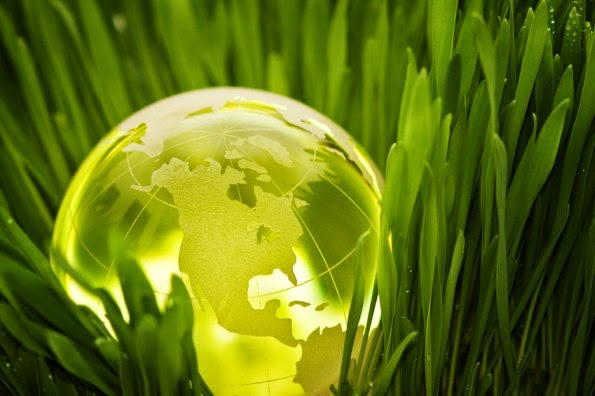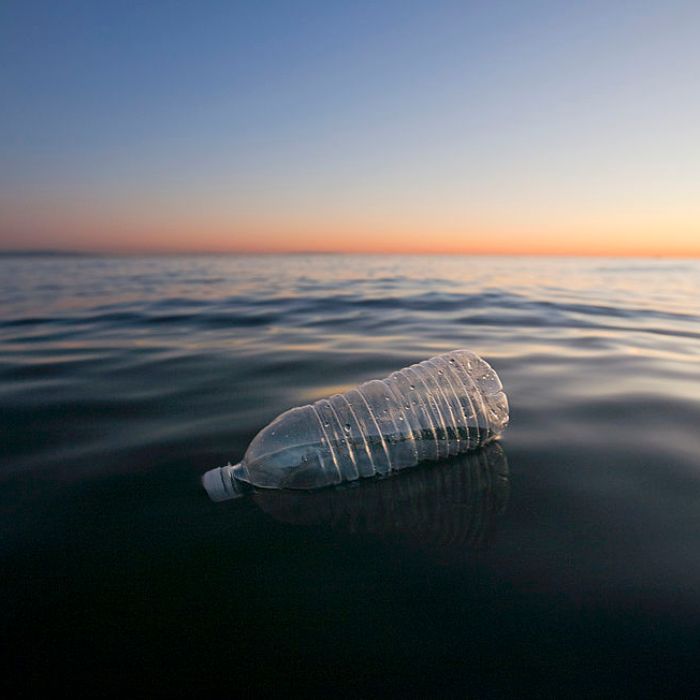
Pretty Plastic Plant is an assembly of six machines that can sort waste plastic by color, wash it, melt it and turn it into plastic slates and tiles.

Kenya has banned the manufacture and import of all plastic bags used for commercial and household packing. It's the latest African nation to do so.

Belgian architect and visionary Vincent Callebaut suggested a new urban design concept that emphasizes sustainability and puts a particular focus on the treatment of our oceans.

The New Plastics Economy is a three-year initiative to build momentum toward a plastics system that works. The initiative provides a global action plan to align with the principles of the circular economy.

Nigerian customs seized 2.75 tons of "plastic rice," a realistic-looking fake food product that could have caused untold public health issues.

Since the plastic bag tax has been introduced to the United Kingdom, there have been 40% less plastic bags per 100 meters of beach.

Chemists discover structure of bacterial enzyme that generates useful polymers.

California just made history by becoming the first state in the USA to officially ban plastic bags.

An ambitious but controversial plan to clean up the Great Pacific Garbage Patch moves closer to reality this week, with the deployment of an ocean plastic cleanup boom off the coast of the Netherlands in the North Sea.

A novel way to make plastic from carbon dioxide (CO2) and inedible plant material could provide a low-carbon alternative to plastic bottles.

Japanese scientists have discovered a bacterium that produces a never-before-seen enzyme that can fully break down PET plastics.

Poly-3-hydroxybutyrate (PHB) is a thermoplastic polyester which occurs naturally in bacteria as Ralstonia eutropha and Bacillus megaterium. Even though PHB is biodegradable and is not dependent on fossil resources, this bioplastic has been traditionally too expensive to produce to replace petroleum-based plastics. New research describes an alternative method of producing PHB in microalgae.